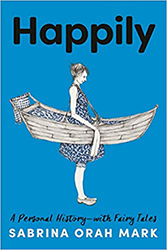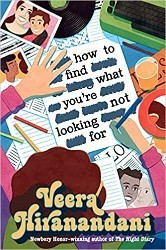Written in a clear, breezy style, this book is an autobiography of Nabil Ayers. Born in 1972, Nabil had a loving mother, and his uncle was his surrogate father. They were born Jewish but embraced the Baha’i faith as young adults, and Nabil was named for Bahai’s founder. Nabil’s childhood was spent in the musically fertile environments of Greenwich Village and Amherst, Massachusetts. As the author tells it, he came of age at the ideal moment in musical America when heavy metal, jazz, R&B fusion, and indie and punk rock came together with music videos, CDs, and the dawning internet era. For a brief time, musicians could actually make a living. A lifelong drummer and guitarist, Nabil toured and made records with two bands, co-owned Sonic Boom, a successful record store in Seattle, and then became an executive in charge of 4AD, a subsidiary of the Beggars Group label.
But the wild card in Nabil’s life was his father, the renowned musician Roy Ayers. Starting out as a vibraphone player in the style of Lionel Hampton, Roy Ayers made a successful transition to funk and jazz fusion. He cut more than a dozen albums and toured internationally. When Nabil’s twenty-year old mother Louise and her brother Alan met Roy Ayers at the Village Gate, Louise immediately decided that she wanted to have his baby. Roy was willing to be a sperm donor with benefits, with the caveat being that he would have no responsibility and take no part in the child’s upbringing.
Louise made no demands on Roy, but she took Nabil to his shows, hoping that he would greet her and Nabil, but most of these encounters were disappointing. The portrait of Roy that emerges is of a tremendously charismatic, self-assured talent whose focus is on himself. As Nabil became a successful adult, he grappled with his father’s indifference. Later, he confronted a reality that was in the background all his life: his biracial identity. His mother’s Jewish relatives were available and accepting to him, but he took the genealogical route to fill in his father’s background and build rewarding relationships with newly discovered relatives.
Perhaps because he grew up with love and stability, or perhaps because he had the social and musical skills to build a productive life, Nabil Ayers writes without pain or rancor about issues that cause turmoil to so many people — his absent father and his uncertain sense of himself racially. He experienced the usual microaggressions, yet he fitted in remarkably well in his teen, college, and young adult years in Salt Lake City and Seattle, where black community and culture are conspicuous by their absence. Throughout the book, it’s clear to the reader that Nabil’s social skills and gift with words probably served him well in these white environments. In the end, he came full circle by marrying a Jewish woman.
Beth Dwoskin is a retired librarian with expertise in Yiddish literature and Jewish folk music.





